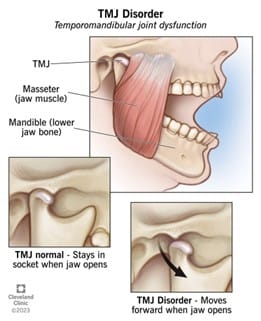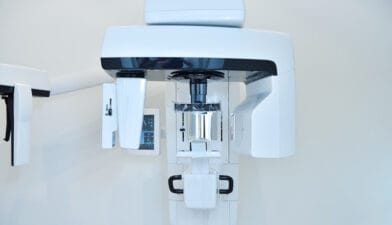

A dull, aching pain around the jaw joint and muscles.
Sounds when opening or closing the mouth.
Difficulty opening or closing the mouth fully.
Chronic headaches, often mistaken for tension or migraine headaches.
Ear pain, ringing in the ears (tinnitus), or a feeling of fullness in the ear


Do You Have Any Questions?